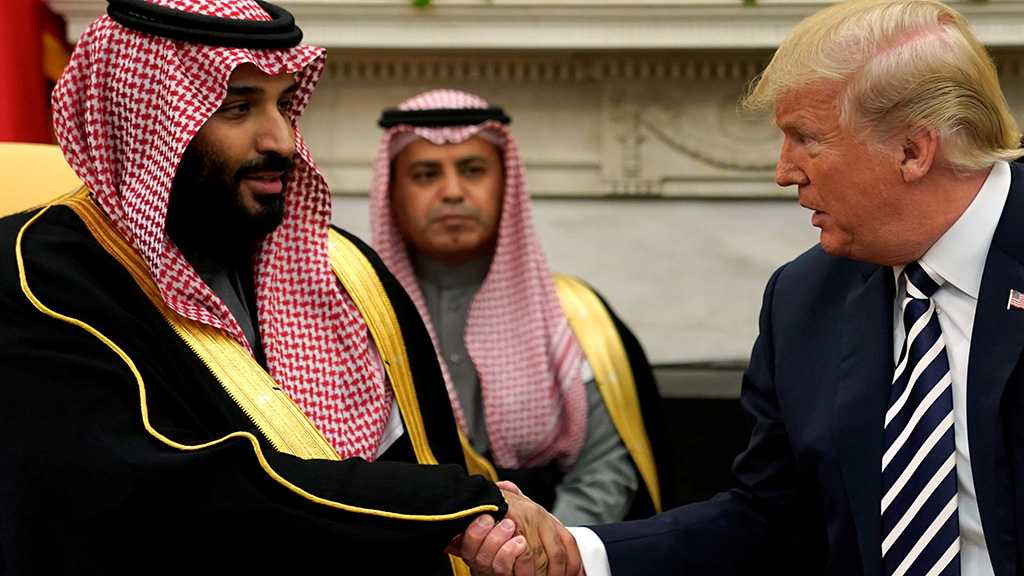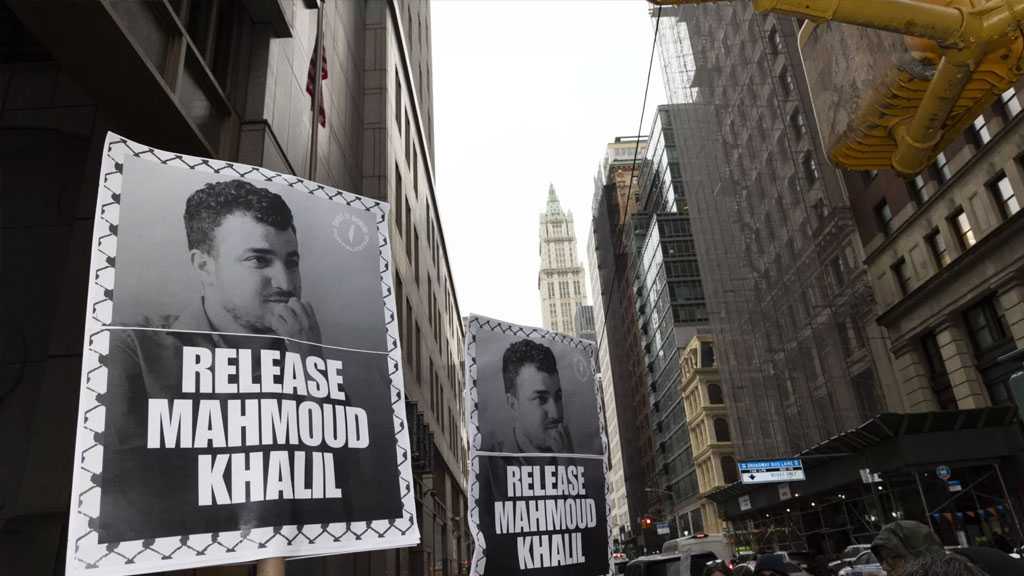America’s Hypocrisy on Saudi Arabia

Ellen R. Wald
Although the killing of Jamal Khashoggi, a contributing columnist for The Washington Post, took place more than a month ago, it continues to concern the United States and much of the world. Khashoggi was a Saudi citizen, and it seems increasingly clear that he was killed by Saudi operatives. Though the details are unconfirmed, Turkey has all but accused top Saudi authorities, possibly even leaders of the royal family, of being involved in the plot to harm him.
In response, businesses from financial firms to tech companies have been rethinking their involvement with Saudi Arabia. Many high-profile CEOs and politicians pulled out of Saudi Arabia’s investment conference last month. The furor hasn’t actually scared away much business, but some of the shine has come off Saudi Arabia. Global businesses are trying to play down or minimize their association with the Saudi government. The highest-profile example of an institution abandoning its Saudi connections is the Bill and Melinda Gates Foundation, which decided to suspend work with the Misk Foundation, a charity chaired by the Saudi crown prince.
But no one should have been surprised that Saudi Arabia brazenly flouts human rights and international norms. They would have seen this coming had they been familiar with Saudi Arabia’s history of human rights practices and America’s response to them — or lack thereof. The D.C. elite and Western intelligentsia, however, have been hoodwinked by Saudi Arabia’s recent public relations campaign highlighting its so-called reform agenda.
In fact, the sustained vehemence of America’s outcry over Khashoggi’s murder is hypocritical when so much else has been, and continues to be, ignored. For decades, the Saudi government has routinely violated human rights — barring Jews, prohibiting free religious practice of Christians, permitting slavery, subjugating women, persecuting journalists, arresting clerics and princes, and locking up feminists for “treason” — with minimal pushback from the United States.
A permanent US presence in Saudi Arabia began in 1933, only a year after the country was formed. After World War II, with the oil business (in the form of the American-owned Aramco) booming, American businessmen and diplomats began accommodating practices and human rights violations in Saudi Arabia that were unacceptable in the United States and Europe.
In 1946, J. Rives Childs became the first US ambassador to Saudi Arabia. Like all non-Muslims in the country who were not involved in producing oil, he was forced to live in the hot and humid Red Sea town of Jiddah. Childs planned a local swim club for expatriates but abandoned it when a Saudi official told him that it would have to be gender-segregated. While he informed the official that “men might dominate in Arabia, but the situation was quite the reverse in my country,” Childs never appealed or told the Saudis he thought it was wrong.
After the founding… of “Israel”, Saudi Arabia banned Jews. That meant the US government was not allowed to station Jews at the US air base in Dhahran, and no Jews could work for Aramco. Apparently, Aramco was told that it would lose its concession to produce oil if it did not abide by the discrimination. Saudi Arabia also prohibited Christian religious services, the performance of Christian weddings and the display of religious images.
Soon after the ban on Jews was decreed, two American Jewish diplomats on official business were denied entrance to Saudi Arabia. The State Department never objected. After Childs retired, he wrote that the Americans accommodated Saudi bigotry “in the spirit of understanding.”
The State Department, Aramco and the US military even ignored a bipartisan Senate resolution calling for the State Department to end its appeasement of Saudi discrimination against American Jews. Even more egregiously, in 1961, Rep. Seymour Halpern, a Jewish Republican from New York, was barred from a flight that had a layover at the Dhahran airport — a facility built with US funds. He complained directly to the secretary of state, but the United States took no action. Even decades later, during the Gulf War in 1990 and 1991, the United States conceded to humiliating and offensive limitations on the religious practices of US Jewish soldiers when they were stationed in Saudi Arabia.
Saudi Arabia’s discrimination against foreigners pales in comparison with the trouble faced by free-thinking Saudis. Saudis who question the religious authorities, convert to another religion or adopt atheism can face imprisonment, lashing and even death. This type of persecution has been going on for years, but only rarely have US officials expressed concern.
Aramco also ignored human rights atrocities committed by the Saudis it did business with. In his memoir, “Looking Back over My Shoulder,” Aramco employee Larry Barnes told of a slave whom Aramco employed while paying his salary to his owner, a Saudi national who was also employed by the company. Despite Barnes’s personal efforts to avoid complicity, the company as a whole did nothing.
Bizarrely enough, Americans did not ignore Saudi human rights abuses for fear of losing their strategic position. Aramco never believed that it was in danger of losing its oil concession over a few Jewish employees, and the US government had arranged enough arms sales and loans to the Saudi government to feel secure. According to a former secretary of the Air Force, the air base in Dhahran was not strategically important; he even wrote to the Senate that it was not worth sacrificing American principles over.
Yet in every case, Americans never pushed back against Saudi demands, never protested and never cared. It wasn’t a matter of national interest or energy security — just apathy.
The human rights violations against both Saudis and Western visitors continue today. It is a particular form of degradation that in 2018, a woman can be stopped by an official on her way to a business meeting and told to put on an abaya to cover the few inches of leg her business attire reveals. Meanwhile, men dress and act as they wish. Neither US businesses nor the American government take a stand against this practice. Only the most powerful women, such as first ladies and top diplomats, avoid such misogyny.
Even as Saudi Arabia aggressively seeks Western business partners, it has ratcheted up its political repression. Raif Badawi, perhaps the most famous Saudi dissident, was arrested in 2012. He was sentenced to 10 years in prison, 1,000 lashes, a massive fine and a prohibition against leaving the country for 10 years for questioning and criticizing religious authorities.
In 2018, Badawi’s sister, Samar, was among a group of feminists arrested around the time the government lifted the prohibition on women driving. When Canada’s foreign minister tweeted about the Badawis, Saudi leadership cut most of the kingdom’s diplomatic and business ties with Canada. The United States did nothing publicly to side with Canada.
Indeed, in the past 13 months, in an effort to silence critics, Saudi Arabia has arrested dozens of clerics and intellectuals, then dozens of princes and billionaires, and eventually 19 feminists. Those arrested have been held for long periods without charges and with no due process. The judiciary is not independent, so verdicts reflect the will of the monarchy and the government. But when these men and women were thrown in jail, it received little scrutiny in the United States.
Notably, the Gates Foundation, which has a goal to “remove the barriers facing women and girls to ensure they have an equal chance to thrive and lead healthy, productive lives,” did not suspend activities with the Saudi royal family after these arrests. Like other politicians, pundits and businessmen, the foundation began to reevaluate its connections with Saudi Arabia only after Khashoggi’s death.
The shock over Khashoggi’s killing is a sign of historical ignorance and historical complicity. The calls for change now will have meaning only if they take into consideration the broader context of human rights abuses in Saudi Arabia. For years, Western countries and companies have turned a blind eye to abuses in the kingdom. It is disingenuous to call for justice for Khashoggi and not advocate on behalf of dissidents held without due process, and causes of feminism and religious freedom, that America has so casually ignored for years.
Source: WP, Edited by website team




